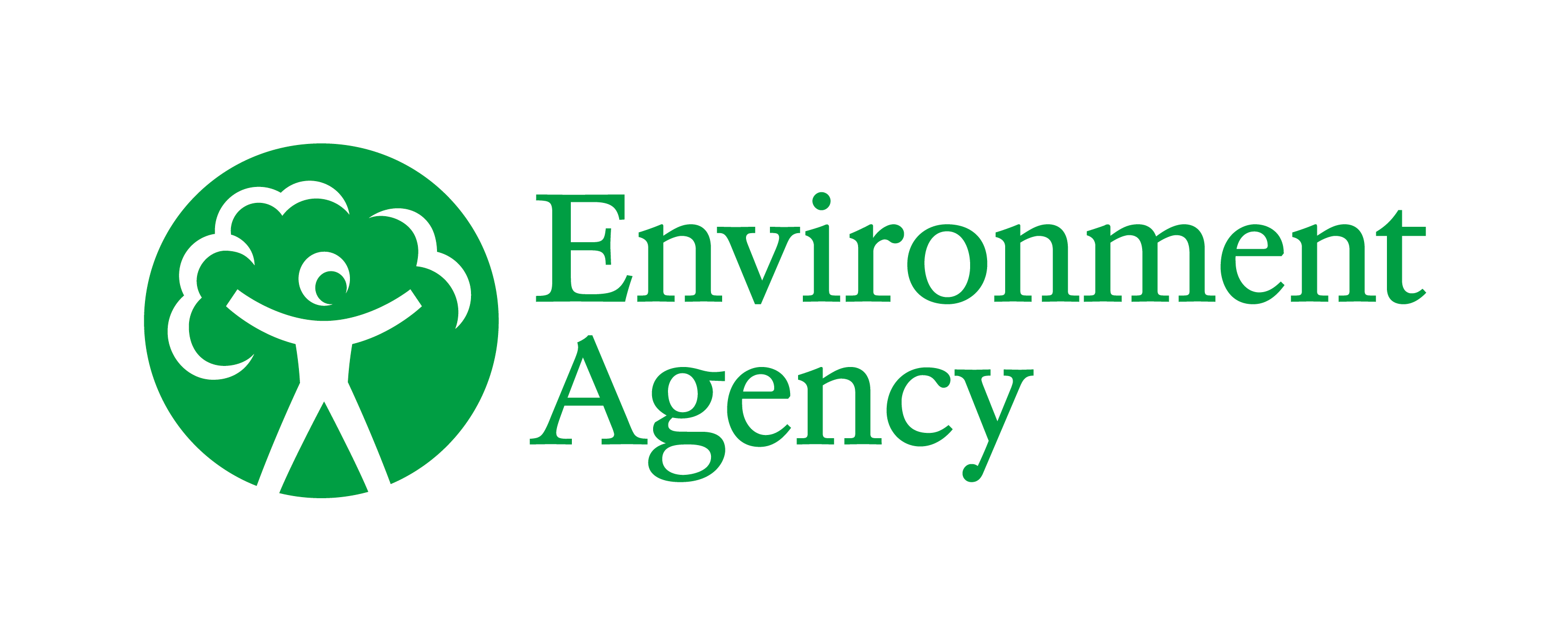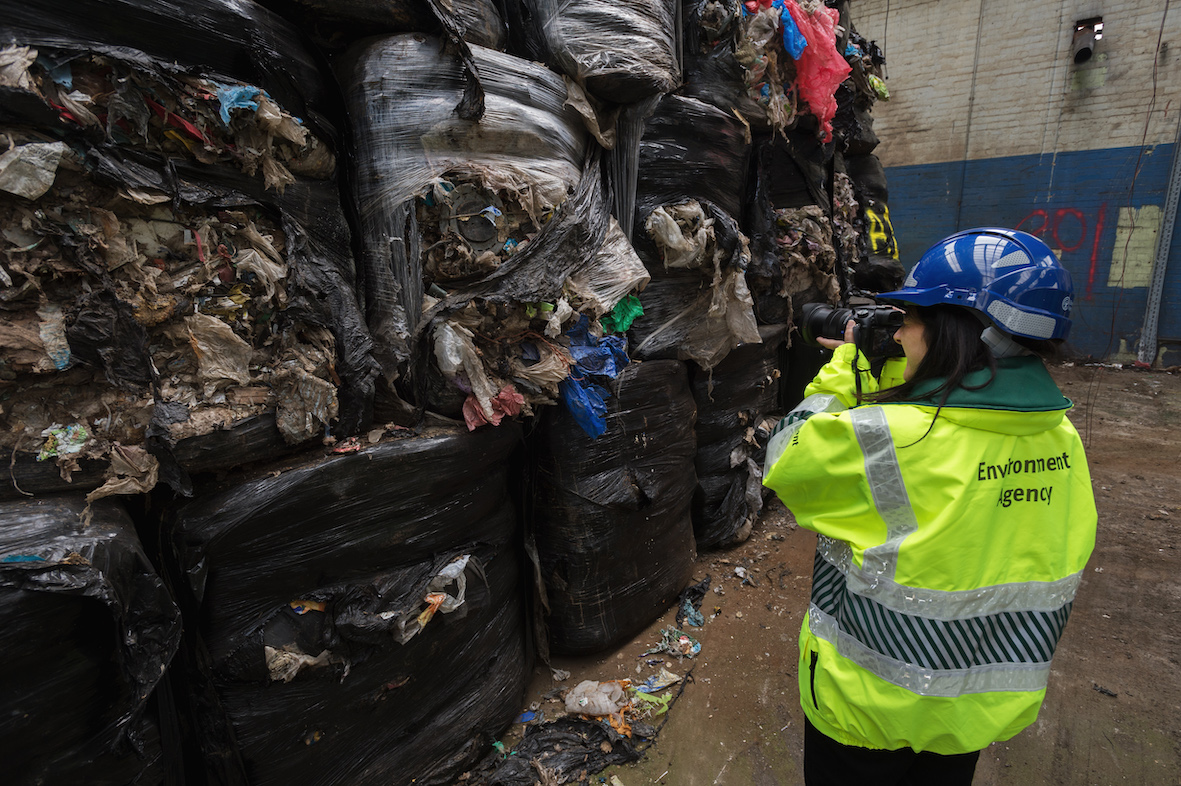
Environment and Regulation

We work to create better places for people, wildlife and support sustainable development. In the Environmental Regulation part of our business, we put the climate emergency at the heart of everything we do and help society adapt to environmental challenges. We improve and protect the quality of our air, land and water by tackling pollution.
We do this by:
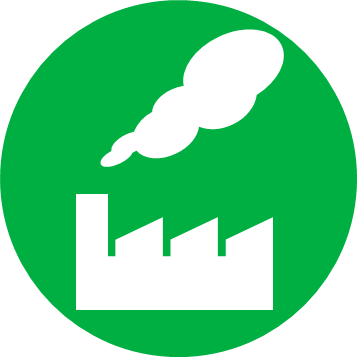
Regulating farms, factories, and other businesses to minimise polluting emissions to air, water and land.

Licensing fishing and monitoring fish health in our rivers and fisheries across England.
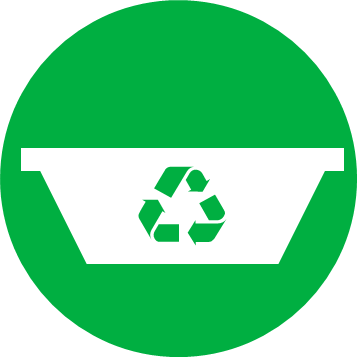
Regulating waste treatment and disposal sites.

Permitting the removal of water from surface and groundwater and the discharge of substances to water.

Responding to a range of emergencies including pollution of water, illegal dumping of hazardous waste, and illegal fishing.

Working with conservation organisations to create and restore important habitats.
Water, Land and Biodiversity
Our work contributes to delivering the 25 year Defra Environment Plan, which sets out an ambitious target to improve the environment within a generation. The plan aims to deliver

cleaner air and water in our cities and rural landscapes,

protect threatened species

provide richer wildlife habitats.
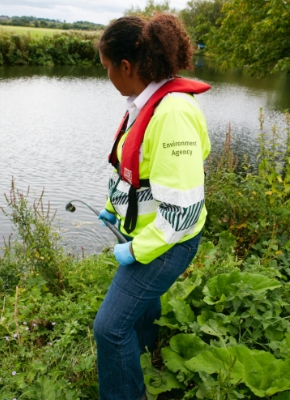
In the EA’s national Water Land and Biodiversity teams, we have a significant and central role in shaping delivery of the plan by supporting Defra on strategy development, undertaking policy actions and providing leadership on testing and reporting. Day-to-day, this means we do a range of different activities from identifying emerging environmental issues, laying the ground to deliver new duties to providing Operational colleagues with expert support. Our Operational Water Land and Biodiversity staff monitor the environment, regulate activities, manage incidents like drought, work with partners and plan. Together we create a cleaner, healthier environment and a nation better protected against hazards. Our work is more important than ever against the backdrop of the climate and nature emergencies.
Fisheries, Biodiversity and Geomorphology
The fisheries, biodiversity and geomorphology team provide high quality habitat and species management advice to a variety of internal and external customers. A large part of the role is helping to deliver the FCRM Capital and Maintenance programmes and screening planning and permit applications. The team take a risk-based approach to help protect and improve the water environment and water-dependent wildlife. The team also plays a pivotal role in supporting the organisation to achieve biodiversity, ecological and fisheries objectives, including Biodiversity Net Gain.
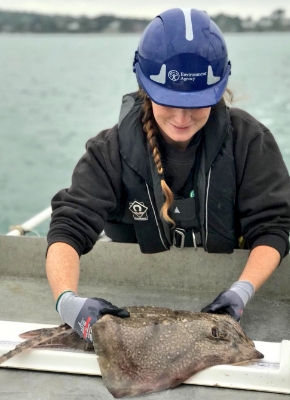
Regulated Industry
We protect and improve water, land and biodiversity. Our work contributes to delivering the 25 year Defra Environment Plan, which sets out an ambitious target to improve the environment within a generation. Regulated Industry;

Protects air, land and water bringing benefits to local communities.

Our regulation serves to deliver a climate resilient to climate change, green growth and a sustainable future.
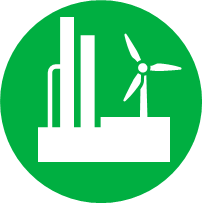
We work with industry and businesses, such as oil refineries, landfills and car recycling plants.
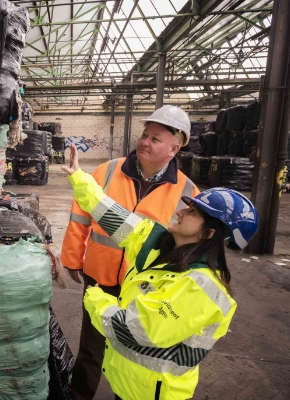
Regulating radioactive substances
Our work in this industry is vital. We regulate businesses ranging from small users of radioactive substances, like hospitals and laboratories, to complex nuclear and defence sites. It’s our job to make sure they use, store and dispose of radioactive substances properly to protect people and the environment.
We ensure the activities related to the nuclear fuel cycle, including uranium enrichment, fuel manufacture and electricity generation are compliant with environmental regulations. We’re there through every phase of a facility’s lifecycle, from design to decommissioning.
Nuclear regulation
Nuclear energy has a leading role to play in the future, both in helping to achieve net zero and in realising UK energy security. Against the backdrop of climate and nature emergencies, work within the highly respected nuclear regulation sector is now more important than ever.
With an exemplary reputation as an environmental regulator, the Environment Agency demonstrates that regulation is about challenging existing practices and improving how the industry operates.
We regulate the disposal and discharge of radioactive wastes from the nuclear industry in England, as well as conventional activities on nuclear sites, such as waste management. We inspect sites to make sure they are working within the law, and we influence companies to achieve high standards of compliance and environmental protection.
Non-nuclear regulation
Most places that use radioactive substances aren’t nuclear licensed sites, such as hospitals, universities and other industries. Here, we regulate not only the storage and disposal of radioactive waste, but also the use of radioactive materials. Our regulators work at the cutting edge of new medical practices, facilitating the introduction of innovative techniques and new radionuclides.
Installations
Installations Officers work to regulate a range of industrial facilities, ensuring that they comply with a wide range of environmental legislation. Duties range from checking monitoring data to conducting site inspections and more detailed audits of site working practices and processes, taking appropriate enforcement action where necessary. This can range from providing advice and guidance, right through to prosecution. Installations teams liaise frequently with partners, community groups and the public to provide information and address concerns in relation to high profile process industry sites.
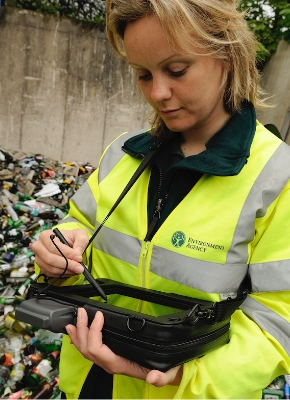
Environment Officers
Environment Officers regulate everything from water companies and waste management sites to farms and other agricultural/land management activities across a range of urban and rural sites, all of which may impact the surrounding environment. Officers are part of customer-facing frontline teams working directly to create a cleaner, safer and healthier environment. The role includes influencing companies and business to minimise their environmental impact, conducting site inspections, taking enforcement action where relevant and managing pollution incidents. No two days are the same, it’s a great way to start and develop your career as an environmental regulator.
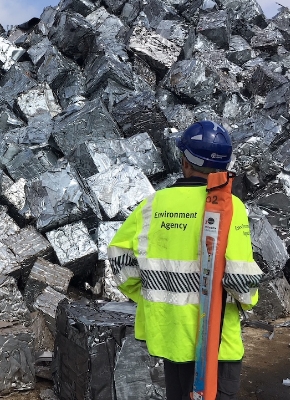
Sustainable Places
The Sustainable Places team manages the Environment Agency’s input into development, growth and planning policy. The team is on the frontline engaging with local planning authorities, developers, consultants and internal colleagues to ensure that economic growth and regeneration planned over the coming years protects and enhances the environment for future generations. The team works to ensure that development avoids making existing environmental problems worse and where possible reduces or resolves them through influencing and advising on strategic plans and site-specific development proposals. The team do this by working with other internal functions to provide advice through their statutory role and the provision of more detailed guidance through the chargeable advice service where applicable.

Chief Scientist’s Group
The Environment Agency’s Chief Scientist’s Group puts strong science and rigorous analysis at the heart of the Environment Agency’s work to create a better place for people and wildlife. There are around 150 people in the Chief Scientist’s Group, working in research, innovation, evaluation, data analysis and reporting, and horizon scanning.
Our teams identify gaps and emerging trends, source the evidence, and then translate and communicate it in a compelling way to provide confidence in the decisions that the Environment Agency takes.
We employ a wide range of scientific staff including:
- Specialist research scientists
- Technical advisors in ecotoxicology and chemical hazards
- Modellers
- Data scientists
- Evaluation specialists
- Data and information analysts
- Science engagement specialists
- Horizon scanning and Futures specialists

